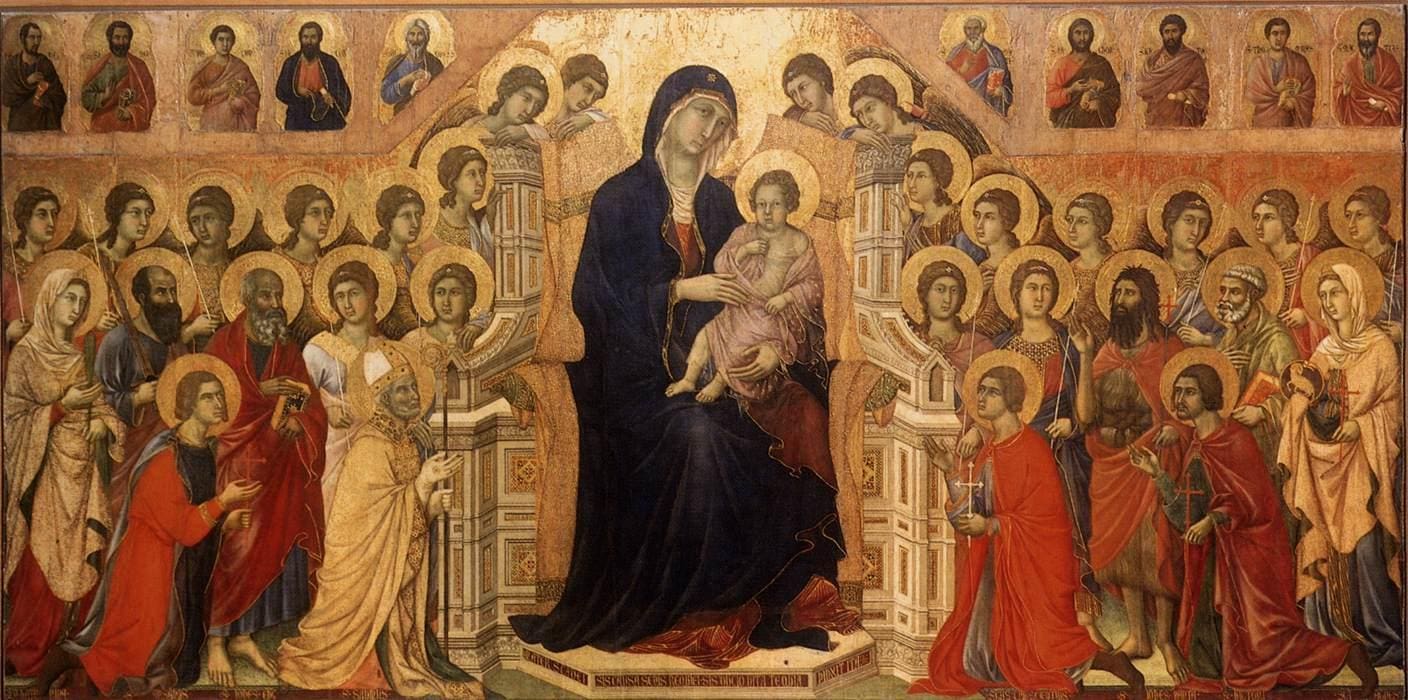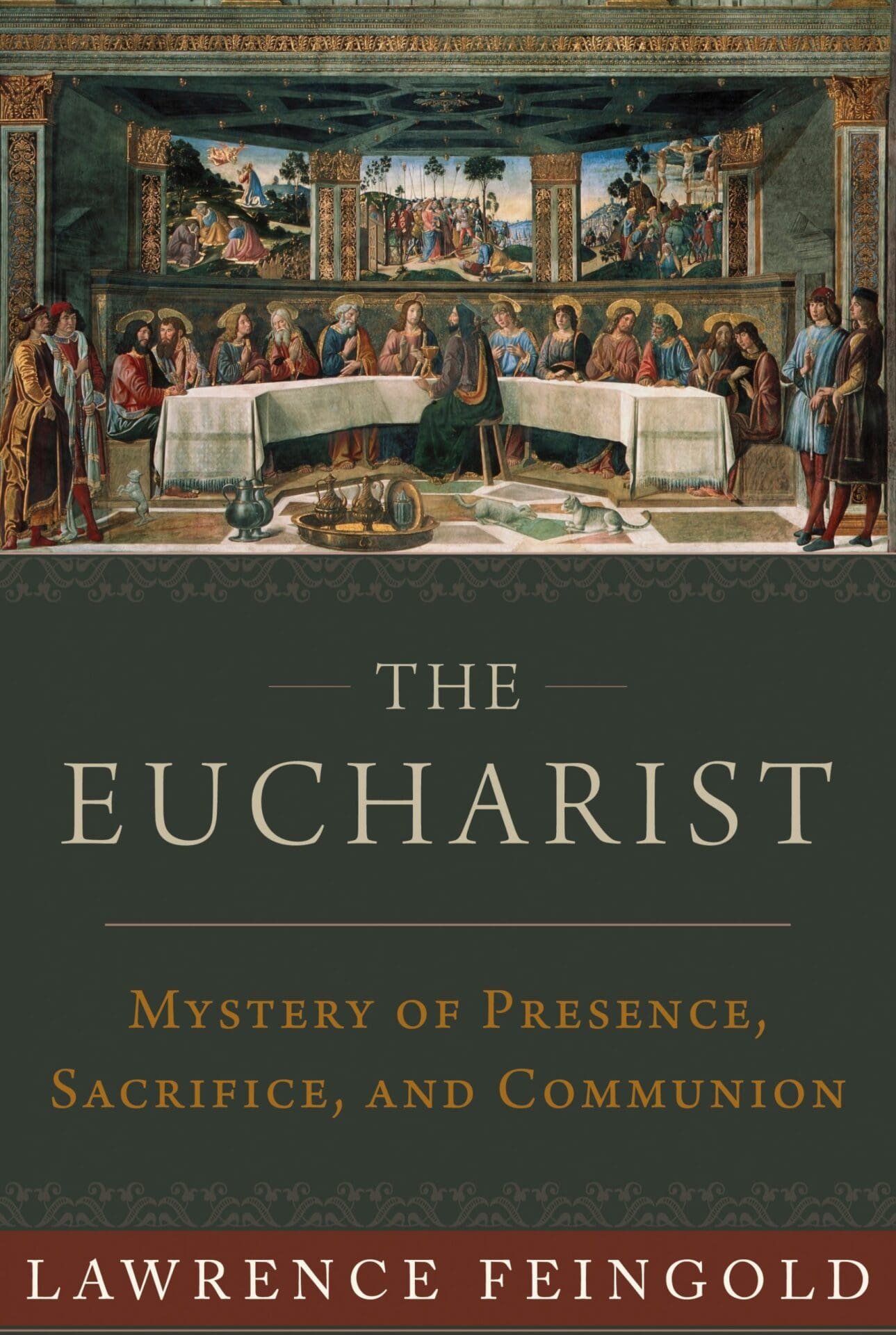Editor’s note: Pope Francis announced in March 2018 his decision to add “Mary, Mother of the Church” as an optional memorial to the Monday after Pentecost (June 10 in 2019). Cardinal Sarah, Prefect of the Congregation for Divine Worship and the Discipline of the Sacraments, said upon the announcement of the new observance that Pope Francis wishes to “encourage the growth of the maternal sense of the Church in the pastors, religious and faithful, as well as a growth of genuine Marian piety.’” In the Divine Office, proper texts for this liturgical observance will be translated and included in the second edition of the Liturgy of the Hours. The official translation of the second reading from the Office of Readings, taken from Pope Paul VI’s address at the close of the Second Vatican Council’s Third Session on November 21, 1964, is provided here courtesy of the USCCB website.
“Mother Of The Church”
Taking into consideration the close ties by which Mary and the Church are bound together, to the glory of the Blessed Virgin and for our consolation, We declare Mary Most Holy to be Mother of the Church, that is, of the whole Christian people, faithful and Pastors alike, who invoke her as their most loving Mother; and We establish that by this sweetest of names the whole Christian people should henceforth give still greater honor to the Mother of God and offer her their supplications.
Venerable Brothers, this concerns a title by no means new to Christian piety; indeed the Christian faithful and the universal Church choose to invoke Mary principally by the name of Mother. In truth, this name belongs to the genuine nature of devotion to Mary, since it rests firmly on that very dignity with which Mary is endowed as the Mother of the Incarnate Word of God.
Just as the Divine Motherhood is the basis both for Mary’s unique relationship with Christ and for her presence in the work of human salvation accomplished by Christ Jesus, so likewise, it is principally from the Divine Motherhood that the relationships which exist between Mary and the Church flow. Mary is indeed the Mother of Christ who, at the moment he assumed human nature in her virginal womb, joined to himself, as Head, his Mystical Body, which is the Church. Mary, therefore, as Mother of Christ, must also be regarded as Mother of all the faithful and Pastors alike, that is to say, of the Church.
Herein lies the reason why we, though unworthy and weak, yet in a spirit of trust and with ardent filial love, raise our eyes to her. She who once gave us Jesus, the fount of heavenly grace, cannot fail to offer her maternal help to the Church, especially at this time in which the Spouse of Christ strives with greater zeal to fulfil her salvific mission
These closest of bonds between our heavenly Mother and the human race urge Us, moreover, to foster and further strengthen this confidence. Even though she has been enriched with superabundant and wondrous gifts from God so as to be made worthy to be Mother of the Incarnate Word, nevertheless, Mary is very near to us. Like us, she is a child of Adam and so too our sister on account of our common human nature; she was preserved from the stain of original sin by reason of the future merits of Christ, but she added to these gifts received from on high the example of her own perfect faith and so merited the proclamation in the Gospel: “Blessed are you who have believed.”
In this mortal life she embodied the perfect form of a disciple of Christ, she was the mirror of all virtues, and in her manner of life exemplified fully those beatitudes proclaimed by Christ Jesus. Consequently, the universal Church, while she lives out the many facets of her life and in her active zeal, draws from the Virgin Mother of God the peerless example of how to imitate Christ perfectly.


